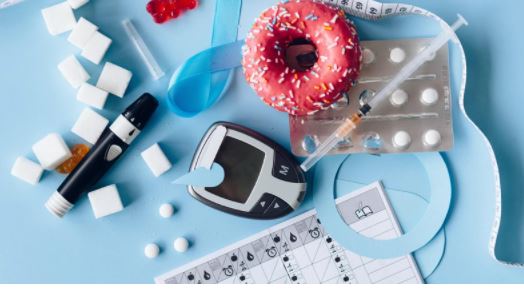Lifestyle
How much do you really know about diabetes?

Has a friend ever warned you about overeating sweets because you’ll get diabetes? And did you believe them? Diabetes is a prevalent condition, but it does not mean we know all the facts.
Difference between Type 1 and Type 2 diabetes
Diabetes is the inability of the body to regulate blood sugar (glucose) levels well. This can happen because your cells have become unaffected by insulin, or your pancreas isn’t producing sufficient insulin or both.
Usually, sugar in the bloodstream is moved into your cells by the insulin hormone. If that system is not working, then the sugar in your blood would be too high, and it can result in severe complications like dehydration, nerve damage, heart disease, or even stroke. Scary right? So, what exactly is the significant difference between Type 1 and Type 2 diabetes?
Type 1: This results from the immune system attacking the cells that produce insulin, thereby stopping production. People that have Type 1 diabetes often have to receive daily insulin doses.
Type 2: For this type of diabetes, the body still produces insulin, but the cells resist. People who have a higher chance of getting Type 2 diabetes include overweight people and people from families with a history of diabetes.
Can too much sugar cause diabetes?
No, you don’t get diabetes because of poor food choices. It is an autoimmune disease. As mentioned earlier, an unhealthy diet and obesity can contribute to the development of diabetes. Although Type 1 diabetes is not easy to control, regular exercise and a healthy diet can reduce Type 2 diabetes in its early stages.
Do people with diabetes need to eat special food?
People with diabetes only need the same nutritious food everyone else eats; they don’t need to buy ‘diabetes-friendly’ food. A healthy diet for people managing diabetes should include vegetables, proteins, whole grains, and whole fruits.
Is diabetes curable?
This is a question many ask, but unfortunately, there is no cure for Type 1 or Type 2 diabetes. There are only ways to control them. If Type 2 diabetes is diagnosed early and managed well, it would reduce to the barest minimum, but that doesn’t mean it is completely gone. If you have any questions, consult your healthcare provider.










